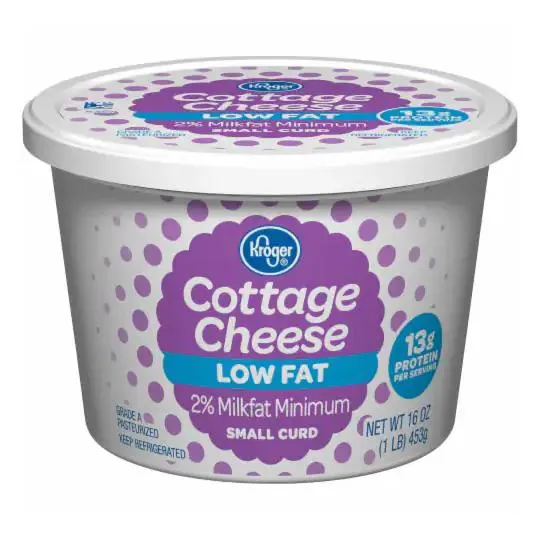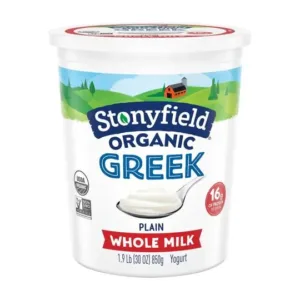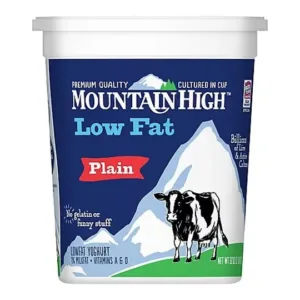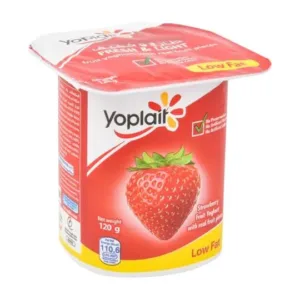
Is Lowfat 2% Cottage Cheese Keto-Friendly?
As the popularity of the keto diet continues to skyrocket, many are left questioning how their favorite dishes align with this regimen. Can they coexist harmoniously in the realm of high-fat, low-carb dieting? Today, we’re focusing on Cottage Cheese, or more specifically, the reduced-fat 2% version. Yes, the humble, slightly lumpy dairy product that conjures up thoughts of dieting and has a love-it-or-loathe-it fan base. But the burning question remains: Is Lowfat 2% Cottage Cheese keto-friendly?
Understanding the Keto Diet
Before we delve into the specifics of Cottage Cheese, it’s vital to understand the basic tenets of the ketogenic diet. The diet is centered around high fat consumption (constituting approximately 70-80% of your day’s caloric intake), moderate protein, and exceptionally low carbohydrate intake (usually under 50 grams of net carbs per day). Why this peculiar dietary structure, you ask? The objective is simple: to drive your body into a state called 'ketosis', where it starts burning fat over carbohydrates as its primary energy source.
Nutritional InformationPer (1 Cup (226.0g)):
Per 100g:
| 
Cottage Cheese,Lowfat 2% is somewhat keto-friendly. It can be included in a keto diet in moderation. |
The 2% Lowfat Cottage Cheese is a dairy product that’s not just tasty but also offers a range of nutrients.
While providing a good amount of protein and calcium, Cottage Cheese contains various micronutrients, including B vitamins, magnesium, and potassium. Let's delve into its suitability in a ketogenic diet.
The carb content of this dairy delicacy clocks in at 8 grams per serving. Based on our guideline chart above, the carb level suggests that 2% Lowfat Cottage Cheese falls into the category of being somewhat keto-friendly.
What this means for people on a keto diet is that while it's not the most keto-friendly food item out there, it can still be included in your keto meal plan – albeit in moderation. It’d best to consider it as an occasional treat rather than a daily staple, to keep your carb intake under control and your journey towards ketosis unhampered.





